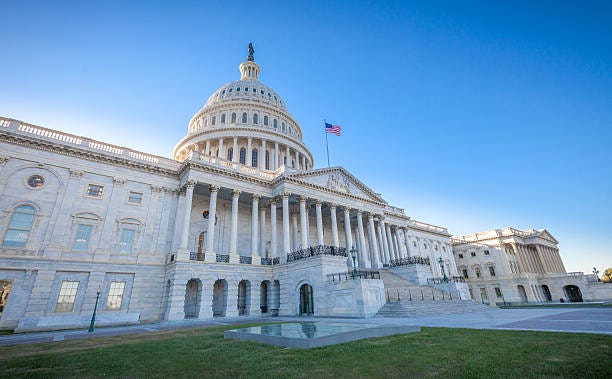“… the border where lobbying's influence ends, and outright bribery begins, can be hard to fathom.”
Investopedia
Is lobbying just legalized bribery? I’ve often thought about that question when I check the connections between industry donations to a particular elected official and their specific votes. Here’s how you can check this information, too.
— Check here to find how each member of Congress has voted: https://www.senate.gov/legislative/HowTo/how_to_votes.htm
— Check here to find a list of campaign donations to each member of Congress: Congress:https://www.fec.gov/introduction-campaign-finance/how-to-research-public-records/individual-contributions/
— And for all of your money in politics needs, check out this excellent resource: https://www.opensecrets.org/about/
I don’t want to believe that the people we choose to represent us can be so easily influenced by industry and the cash it waves around, and which is so clearly looking out for only its own interests. It’s horrifying to me that elected officials are even allowed to accept campaign donations from industries who have a direct interest in the legislation that official is voting on, but I’ll leave that issue for a separate discussion
The basic definitions of lobbying and bribery are, of course, different, and in the United States, lobbying is legal and bribery is not.
“Lobbying is the organizing of a group of like-minded people, industries, or entities to influence an authoritative body or lawmaking individual, often through financial contributions.” And…
“Bribery involves the payment of something—either money or goods or an intangible favor—in the subversion of normal practices, for gain or special treatment, or in order to get an advantage.”1
See the clear distinction? No, neither do I. But let’s read a few articles I’ve gathered (or “curated”), to help us get a grip on this issue, and how it directly impacts the voice of the people.
— Here’s Investopedia’s detailed breakdown of lobbyists donations by industry, “… using data from opensecrets.org, … combining all political contributions and lobbying spending from Jan. 1, 1998, to Sept. 30, 2021. Figures are calculations by the Center for Responsive Politics based on data from the Senate Office of Public Records.” This is a treasure trove of information for anyone trying to make the connection between industry donations and legislative outcomes.
https://www.investopedia.com/investing/which-industry-spends-most-lobbying-antm-so/
— This summary from STAT News claims that in 2020, leading up to the election, over 2/3 of Congressional members cashed a check from the pharmaceutical industry. An interactive map makes it easy and fun to follow the direct line of money.
“While the drug industry gave money to a broad range of candidates, it focused in particular on those on key committees that oversee health care legislation.”
Does this information make it easier to understand why the vast majority of Americans approve of legislation to lower prescription drug costs, but Congress has so far refused to act?
https://www.statnews.com/feature/prescription-politics/federal-full-data-set/
— This article from an NPR station in Connecticut clearly spells out the impact of lobbyists in killing the state’s climate change legislation.
“A study from Brown University shows most legislation proposed over the last decade that would keep Connecticut on track to take action on climate change was derailed by lobbyists from the energy industry.”
The data gathered for this study showed that the vast majority of constituents (over 90%), testified in favor of the various climate change bills, but the industry lobbyists didn’t even bother to testify for the record, they just made campaign donations.
— And finally for this evening, this article from Bloomberg News brings this issue directly to today’s headlines. It breaks down the donations Senator Joe Manchin received from the energy industry in this year alone, reaching a crescendo in this year’s third quarter, the last period when data was gathered for this article.
“Manchin is opposed to environmental provisions, as well as the ultimate price tag, in the Democrats’ proposed $3.5 trillion [now $1.9 trillion Build Back Better] spending bill that addresses a wide range of the party’s policy priorities.”
At least for now, Senator Manchin says he’s totally at “no” for continuing negotiations on this bill as written, but his facade of negotiation was clear all along. He just took everyone for a long ride.
I’d love to hear what you think about the relationship between the donations of lobbyists and their industries and the actual votes of elected officials. It is certainly unethical for elected officials to let campaign donations affect their vote, but so far it’s not illegal. Should it be? Share your thoughts below!
If you like what you just read, why not share it with…everyone?
Don’t forget to subscribe to Crime and Punishment…




